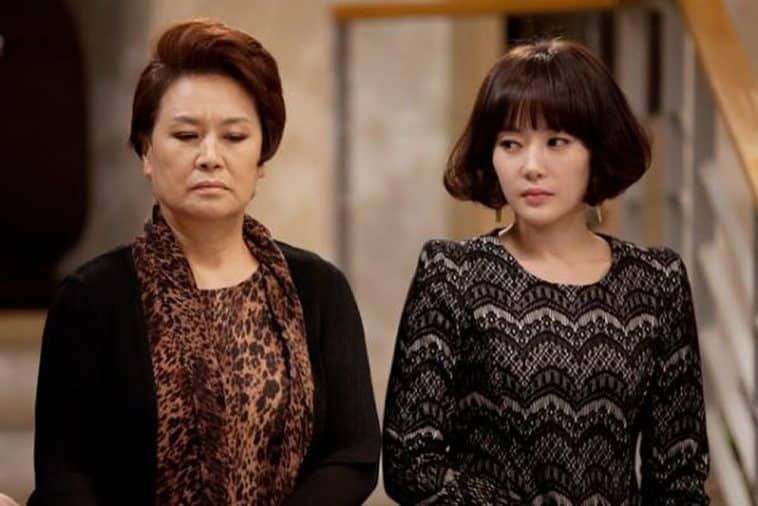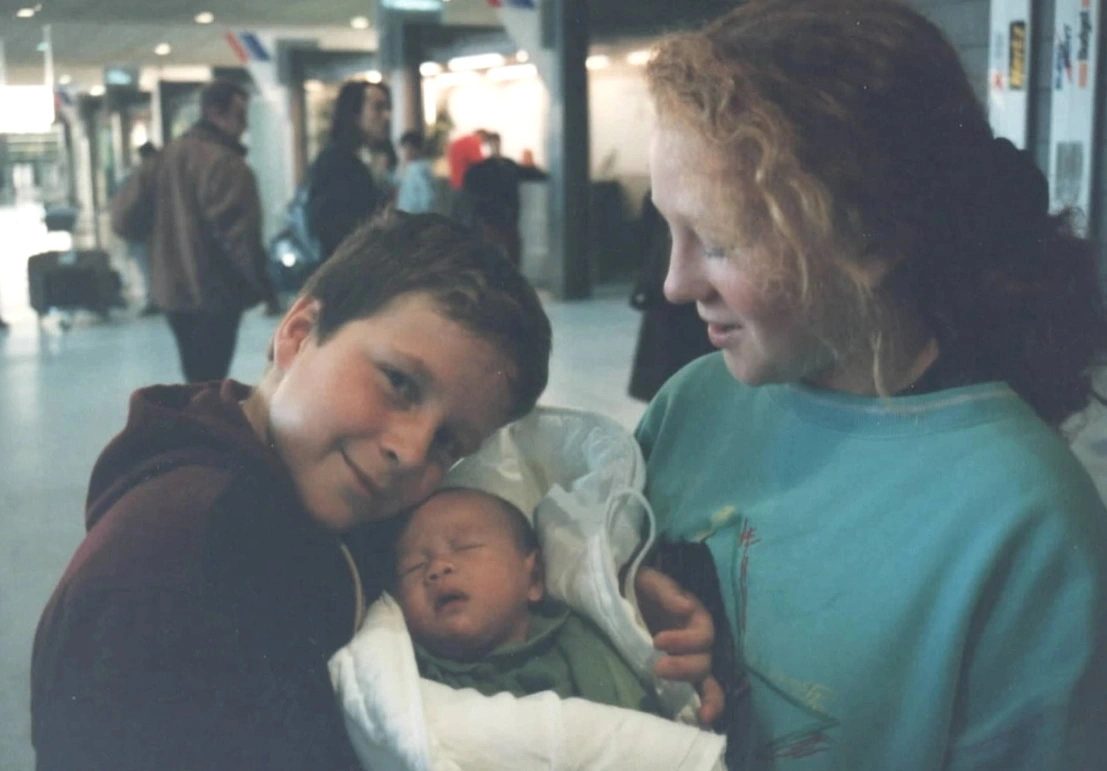Lost son due to rift with daughter-in-law
A new study from the University of Cambridge, the Stand Alone Institute for Family and Organization Studies, has found that rifts between in-laws and daughters-in-law are the most common reason for extended family breakdown.
The study was based on responses from more than 800 men and women in the UK, all of whom had little or no contact with their family members. It found that discord between parents and sons was a third more persistent than between parents and daughters. The most common rifts between parents and daughters were mental health problems and emotional abuse.
But the most common issues that cause parents and sons to separate are related to divorce, relationships with daughters-in-law, and the child's marital status.

The most common problems that cause parents and sons to separate are related to divorce and the relationship with the daughter-in-law. Illustration photo
One study participant wrote: "My son and I have had a deeply loving relationship for 25 years. When he met his wife, our relationship began to change. Everyone we knew, including friends and family, noticed and felt this. My son has turned his back on everyone who doesn't like his wife."
In the past, the rift between parents and children often occurred because the parents rejected their blood relatives, especially when the children went astray and married the wrong person. Nowadays, it seems that the reversal is more common - children cut off contact and become cold towards their parents. So what has changed?
As we get married later, our parents are less likely to tell us who to marry. It is often easier to get a 25-year-old to obey than a 35-year-old.
But there are other factors at play. Marriage is becoming increasingly detached from family and community. There are fewer and fewer economic alliances between families or arranged marriages. Instead, there are more and more love marriages, where the only thing that matters is whether the two people truly love each other.
Cases of parent-child relationships becoming distant often happen more often with sons, as many people confide that their son is still their son until he gets married, but their daughter will be their child for life.
What a mother-in-law should not do to her daughter-in-law to avoid family breakdown
Family Today expert Amberlee Lovell offers this advice to mothers-in-law:
Do not interfere with your daughter-in-law's child-rearing
The most basic reason is that the daughter-in-law is the mother of the child, while the mother-in-law is not. As a mother-in-law, you may not agree with your daughter-in-law's parenting style, but you need to understand that the young couple is the first and most important person responsible for raising their grandchild.
Don't criticize your daughter-in-law to your son.
In essence, a marriage is a relationship between your son and another girl and the mother-in-law has no role in it. Talking badly about her daughter-in-law to her husband will only damage their marriage. Instead of criticizing her daughter-in-law, your mother-in-law should find the good in her daughter-in-law and nurture that good.

Mothers-in-law should not suddenly appear at their son's doorstep and assume that they will be welcomed by the couple. Illustration photo
Never say, "Why don't you try this?"
Just like your son, your daughter-in-law has the right to "make mistakes" and you should accept that. After all, learning through experience and failure is the best way to learn.
Never "nag" about spending time with your family
According to Amberlee Lovell: "It's natural for a mother-in-law to want to spend more time with her children and grandchildren, but she should never visit on a whim or complain about how much time her son spends with her."
Don't expect your son to "put his mother first"
Now that your son has his own family, that will be his top priority. It may be frustrating for the mother because she is no longer the number one woman in her son’s life. However, you should learn to accept this reality.
In addition, the mother-in-law should absolutely not force her son to choose between her and his wife.
Never object to your son's choice of wife.
A mother should respect her son's decision to choose a wife. She may not agree with it, but the final decision maker is still the son.
Don't force your child to live near you.
A mother-in-law should not make this decision for her children. Everyone understands that a mother wants to be close to her children, but you should also understand that your children's family needs to have their own lives.
Don't expect your daughter-in-law to visit often.
A meeting should only take place if both parties wish for it. A mother-in-law should not just expect her daughter-in-law to visit without making an effort to visit her daughter-in-law and her children.
Let us know in advance if you want to visit your child.
Mothers-in-law should not show up at their son’s doorstep and assume that they will be welcomed. If your mother-in-law intends to visit you and your husband, she should let you know in advance, unless she happens to be passing by. This is especially important if your family is in a situation where it is inconvenient to receive outsiders.
Source


![[Photo] Air Force actively practices for the April 30th celebration](https://vstatic.vietnam.vn/vietnam/resource/IMAGE/2025/4/15/16fdec3e42734691954b853c00a7ce01)
![[Photo] Welcoming ceremony for Prime Minister of the Federal Democratic Republic of Ethiopia Abiy Ahmed Ali and his wife](https://vstatic.vietnam.vn/vietnam/resource/IMAGE/2025/4/15/77c08dcbe52c42e2ac01c322fe86e78b)
![[Photo] Ho Chi Minh City after 50 years of national reunification through buildings and symbols](https://vstatic.vietnam.vn/vietnam/resource/IMAGE/2025/4/15/a224d0b8e489457f889bdb1eee7fa7b4)


![[Photo] General Secretary To Lam meets with veteran revolutionary cadres, meritorious people, and exemplary policy families](https://vstatic.vietnam.vn/vietnam/resource/IMAGE/2025/4/15/7363ba75eb3c4a9e8241b65163176f63)






















































































Comment (0)